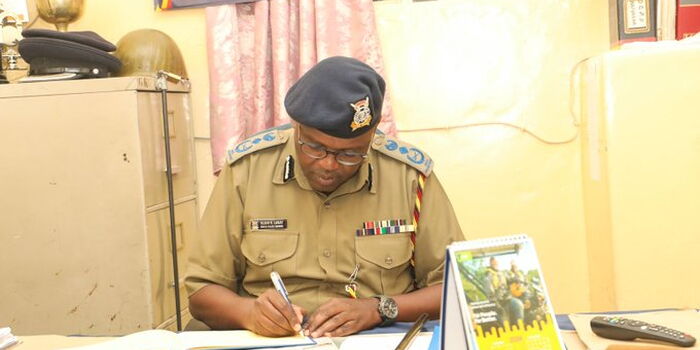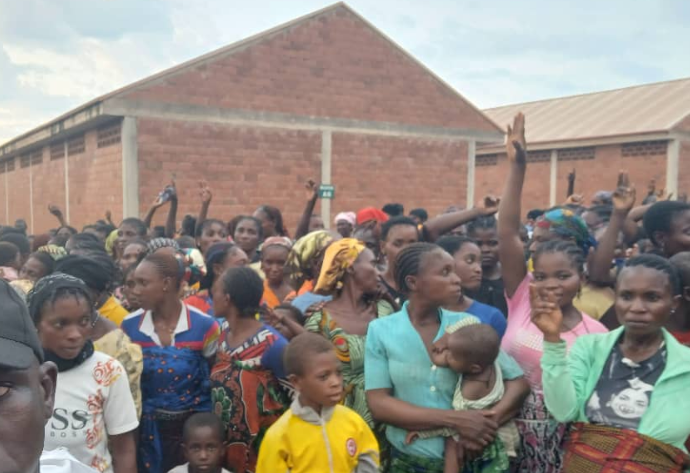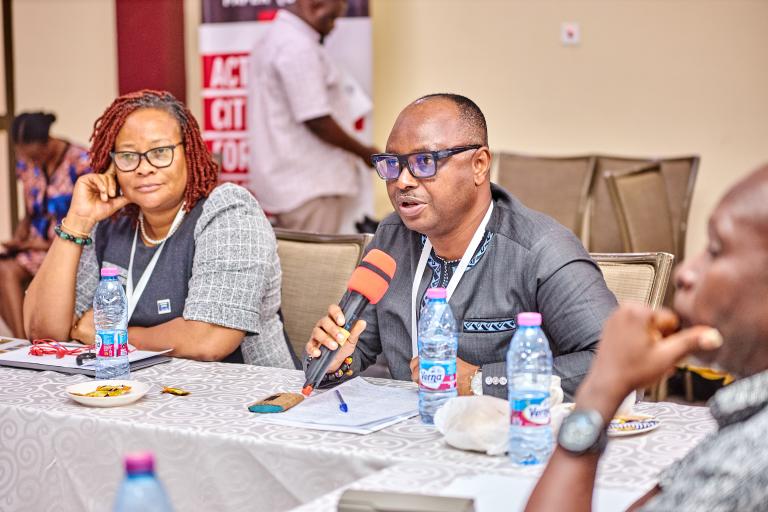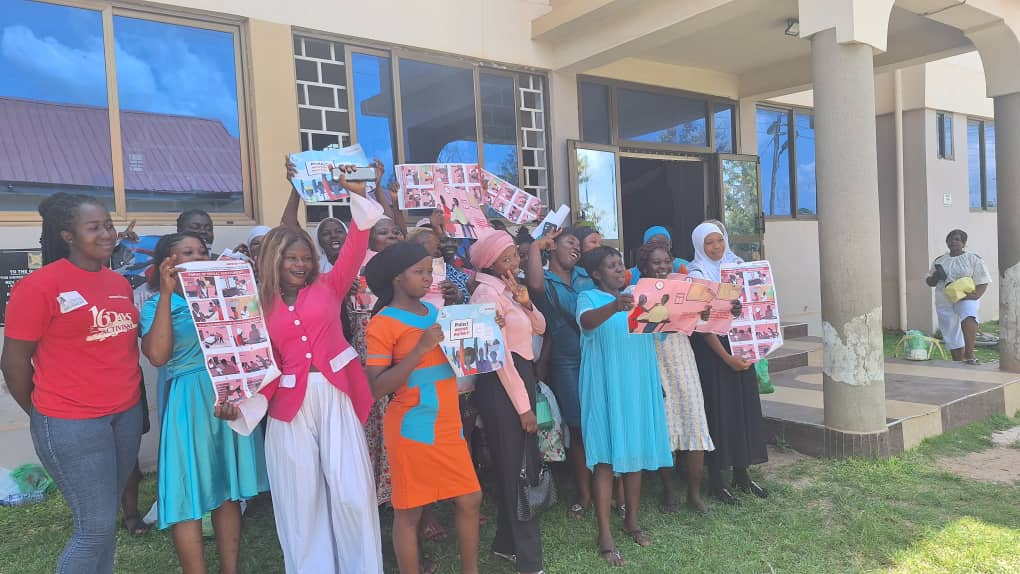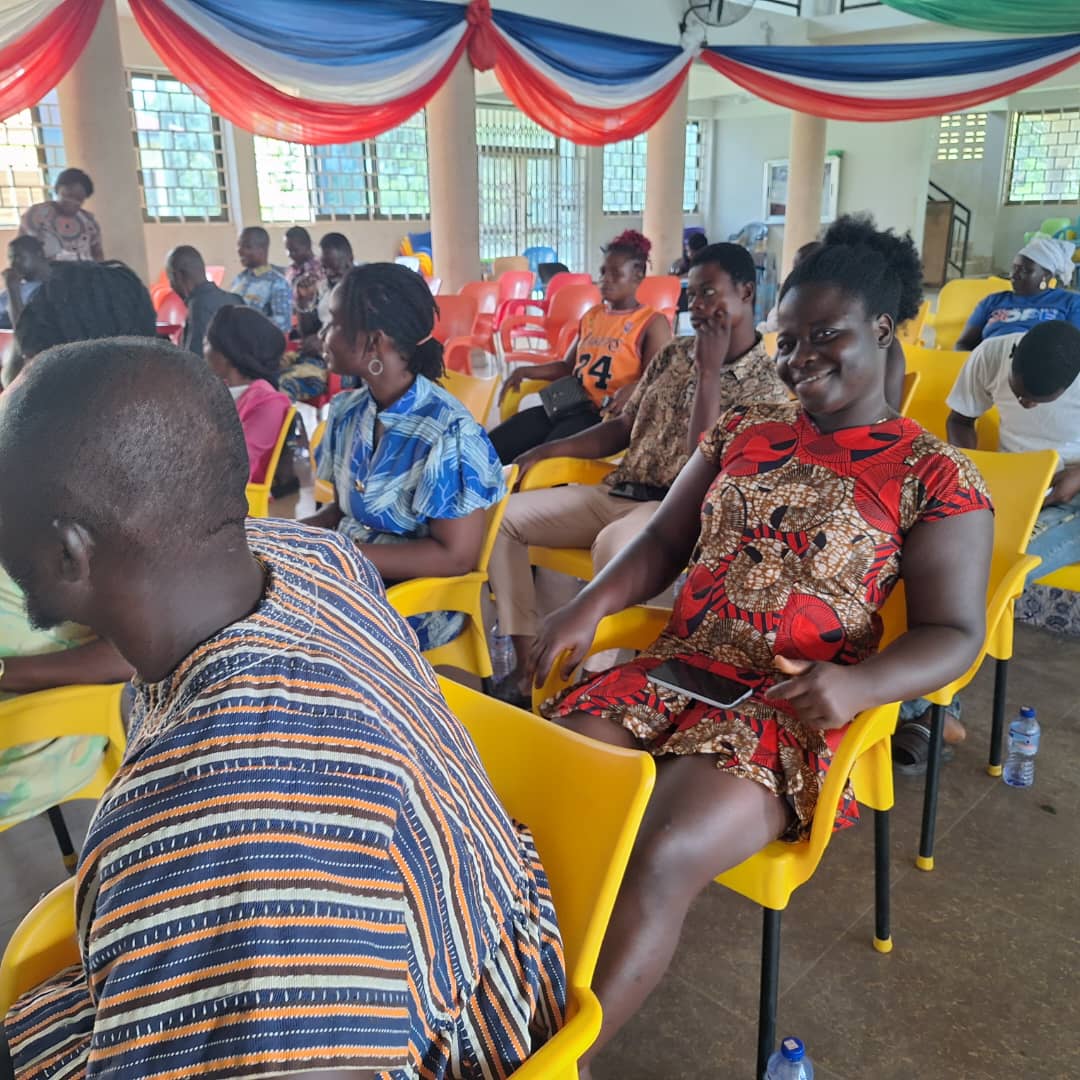Promoting climate-resilient farming: Banda hosts indigenous seeds fair
The exhibition aimed to promote the preservation of indigenous seeds and protect more than 100 indigenous seeds from extinction.
It was organised by the Centre for Indigenous Knowledge and Organisational Development (CIKOD), in collaboration with ActionAid Ghana and sponsored by Groundswell International.
The exhibition aimed to ensure that some indigenous seeds and crops, known for their better adaptability to climate change, high nutritional value and contribution to food and nutrition sovereignty, are preserved.
It brought together both state and non-state actors in agriculture, who shared their experiences and interventions regarding local seed development initiatives and discussed strategies for enhancing and strengthening local seed and food systems in the Banda area.
CIKOD said it would establish a seed bank or centre at Banda to preserve indigenous seeds from extinction.
At the exhibition last Tuesday, the Deputy Executive Director of CIKOD, Wilberforce Laate, said indigenous seeds had better adaptation to local conditions, preservation of genetic diversity and reduced dependence on external inputs.
"The benefits of using indigenous seeds in agriculture resilience include improved food and nutrition sovereignty, sustainable livelihoods and biodiversity conservation," he said.
Mr Laate said such seeds were well-adapted to local conditions, offering diverse nutritional benefits and enhancing resistance to pests and diseases.
He said over the years, some indigenous seeds and food varieties were becoming endangered, adding that "this can be associated with the changing preference for food taste with the influx of hybrid seeds and food, low market preference, lack of policy framework to safeguard and protect indigenous seeds."
He stated that to reverse the trend, the country required a deliberate, well-planned and coordinated roadmap supported by state policies and investment that guides and establishes the framework to safeguard, multiply and protect key indigenous seeds from extinction.
Mr Laate said the seed fair was to assess the seed and food system at Banda and craft a sustainable local seed system, to ensure that high-quality seeds of a wide range of crop varieties were produced and fully available in time and affordable to farmers.
"Achieving food security and zero hunger, therefore, hinges on availability and accessibility to quality seeds.
"Good seeds together with good soil and adequate water supply serve as the most important assets to achieve food security," Mr Laate said.
The Bono Regional Director of Agriculture, Patrick Dela Newman, said in some local communities, traditional foods were seen as medicine, providing not only physical nourishment but also mental, emotional and spiritual well-being.
"Food can be medicine or poison, so we must be careful of what we eat," he said.
Mr Newman urged the public to consume food that would nourish their bodies, rather than developing a taste for foreign food that was toxic to their system.
The Bono Regional Programme Manager of ActionAid Ghana, Kwame Afram Denkyira, said the revival of indigenous food systems could offer economic opportunities for indigenous communities and support their cultural revitalisation.
"Food is part of people's culture, promoting indigenous seeds means that we are promoting our culture," he said.
Writer's email: [email protected]




